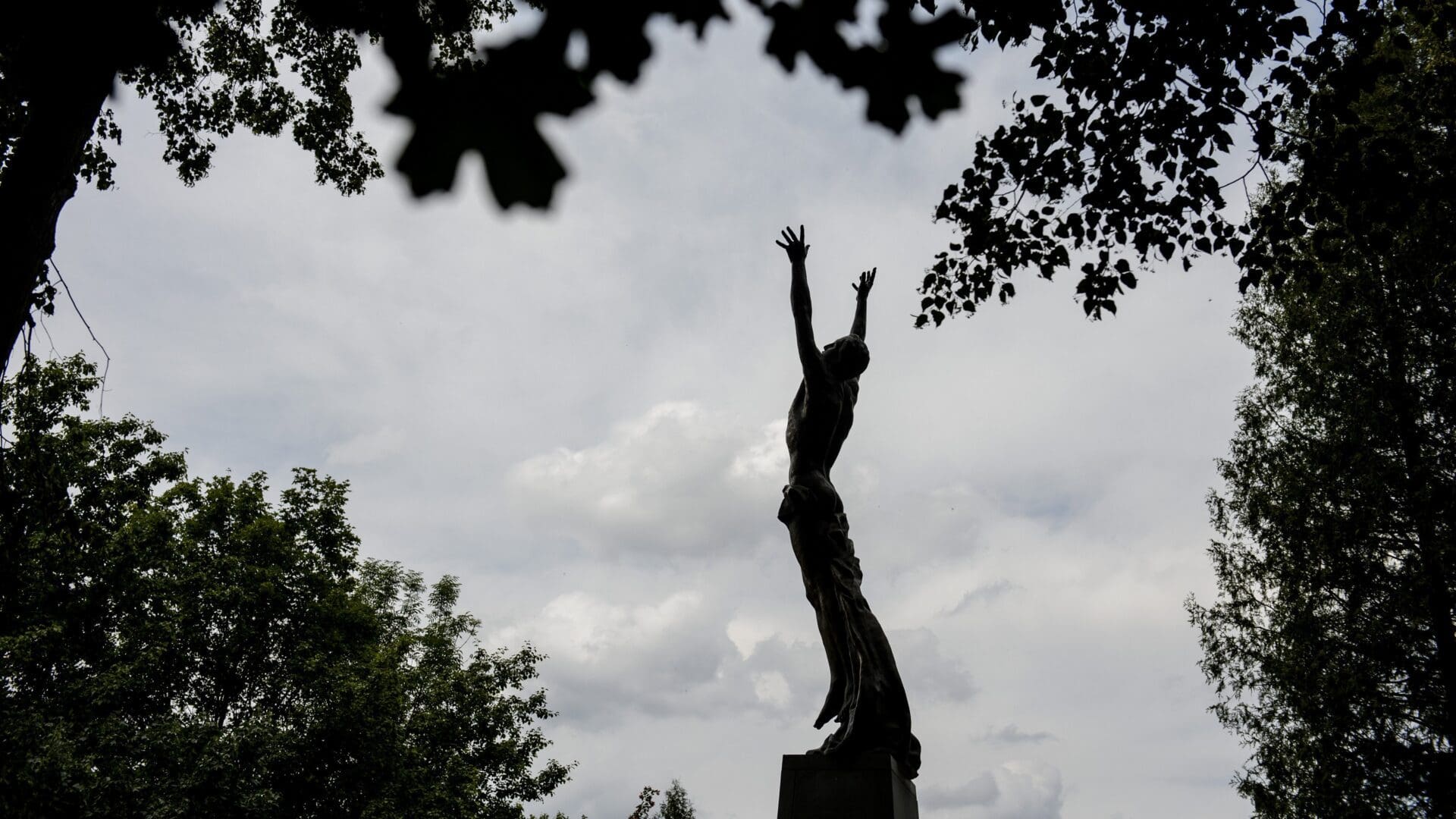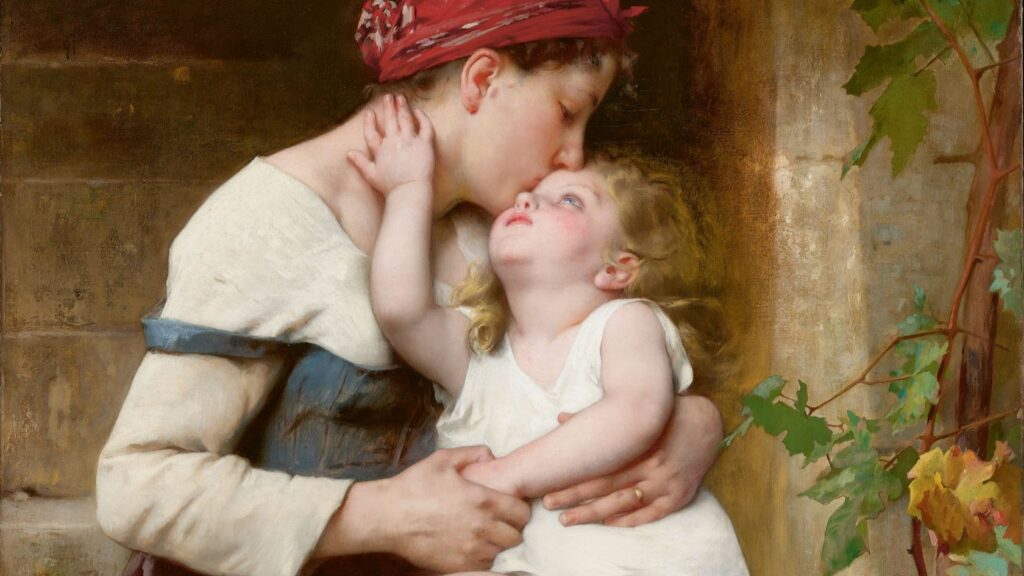Imre Madách (20 January 1823 – 5 October 1864) was a Hungarian poet and writer born 200 years ago today. Madách was born into a noble family in Alsósztregova (today Dolná Strehová in Slovakia). He was 14 when he lost his father, and he himself suffered from bad health for most of his life. He started law school in Pest, but in 1840, he returned to his mother’s house due to his illness, where he finished his private education a year later. While his ill health forced him to resign from a series of jobs, his love of writing showed itself at a very young age. He wrote his first drama at the age of 16, while he had his first collection of poems published in 1840 at the age of 17. Neither of these works drew much public attention at the time. During the 1848–49 Revolution and Freedom Fight, he went into hiding and assisted the secretary of Lajos Kossuth, as he himself could not fight due to his health condition. Because of the role he played in the revolution, he was arrested in 1852, but was released only a year later due to lack of evidence of any wrongdoing.
Imre Madách started to work on his main drama, The Tragedy of Man after he was released from prison. His incarceration and family tragedies (the death of his sister and brother-in-law) occurred around the same time. It was these personal experiences of suffering that prompted him to write about what he saw as the tragic human condition. He worked on the drama between 1859 and 1860, which was published in 1862. The drama revolves around similar questions to the ones in Goethe’s Faust or Milton’s Paradise Lost. The publication was an immediate success, and he was soon elected to both the Hungarian Academy of Sciences and the Kisfaludy Society, the leading literary society at the time.
The Tragedy of Man gave Madách both in his day and today the reputation of the greatest Hungarian philosophical poet. The drama was first performed in the Budapest National Theatre in 1883, 140 years ago. While the drama was originally intended for reading only, its performances were a great success. By now The Tragedy of Man is probably the most frequently staged play in Hungarian theatres.
The Tragedy of Man is a Faust-like drama, tackling a central question that Jean-Jacques Rousseau also discussed in the Discourse on the Arts and Sciences: whether scientific and civilisational progress leads to human progress and happiness or not. The Tragedy of Man is a 15-act-long drama, covering the past and future of mankind. The drama follows the first two people, its protagonists, Adam and Eve throughout all historical ages, where these two appear in the guise of multiple famous historical characters. The other main character is Lucifer, who usually acts as a servant to Adam, and who is set to convince Adam that his life is and always will be meaningless. Adam and Eve’s lives, which are relived over and over again throughout the centuries, symbolise man’s tragic fate, as well as their seemingly futile struggle against inevitable tragedies and Lucifer’s temptations. While for most of the drama, the endless struggle of mankind seems pointless, by the end, it becomes clear that there is salvation in the struggle itself. The last lines of the drama, quoted below, are probably one of the best-known lines in Hungarian literature:
ANGELS’ CHOIR
Between crime and virtue to have
Free choice, this is great clemency,
And yet, to know that above us
Are the Lord’s will and his mercy.
(…)
THE LORD
I told you, man: fight, trust and be full of hope!







